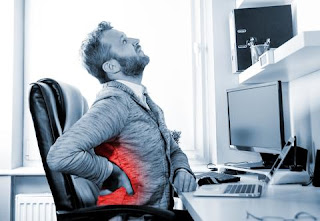Stem Cell Treatment: A Game-Changer in Improving Weak Erections
In the realm of men's health, the struggle with weak erections can be a source of immense frustration and embarrassment. The good news is that medical science is advancing rapidly, and one of the most promising developments in recent years is the use of stem cell treatment to address this issue. We will explore how stem cell therapy is becoming a game-changer in the quest to improve weak erections. Understanding the Problem: Weak Erections What Are Weak Erections? Weak erections, medically known as erectile dysfunction (ED), refer to the consistent inability to achieve or maintain a firm enough erection for sexual intercourse. It's a common issue among men and can have various causes, including physical, psychological, and lifestyle factors. The Impact of Weak Erections Weak erections not only affect a man's physical well-being but also his emotional and mental health. It can lead to low self-esteem, relationship problems, and a decreased quality of life. Therefore, findin...





Comments